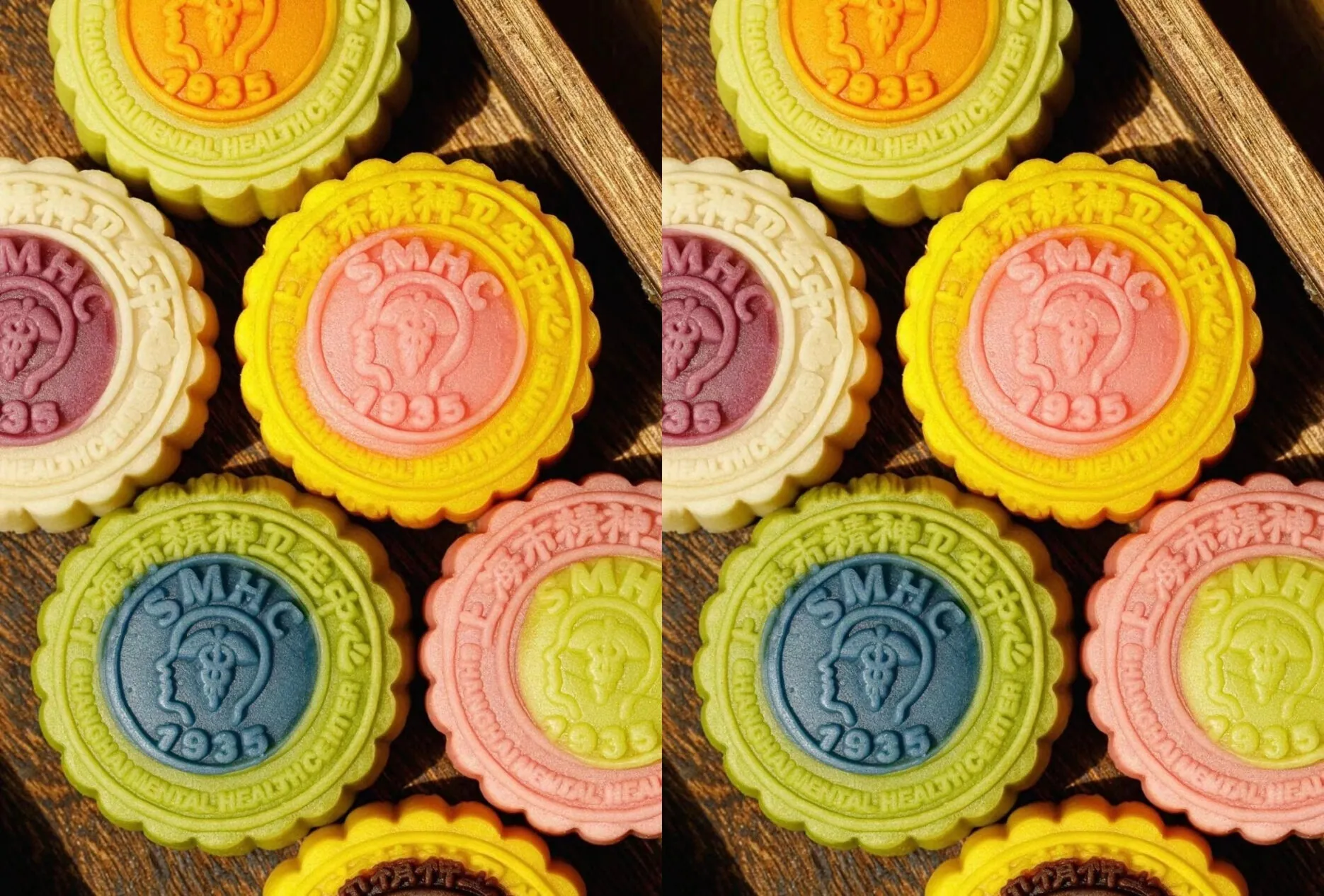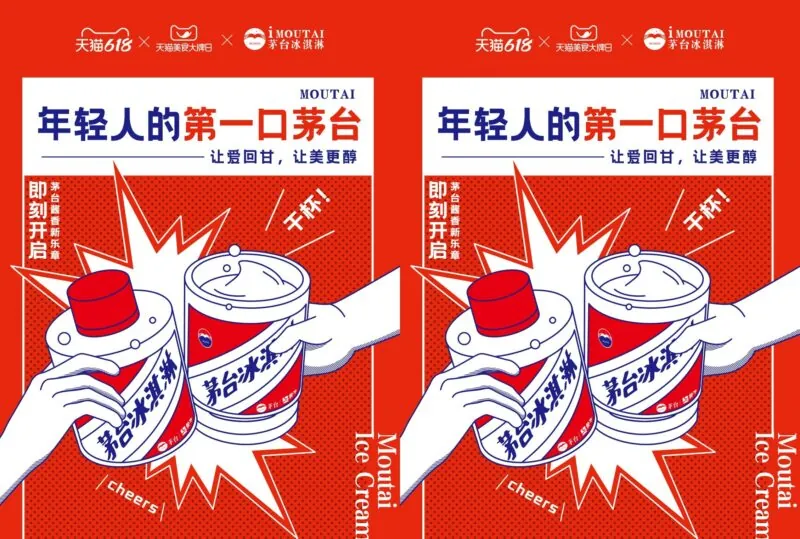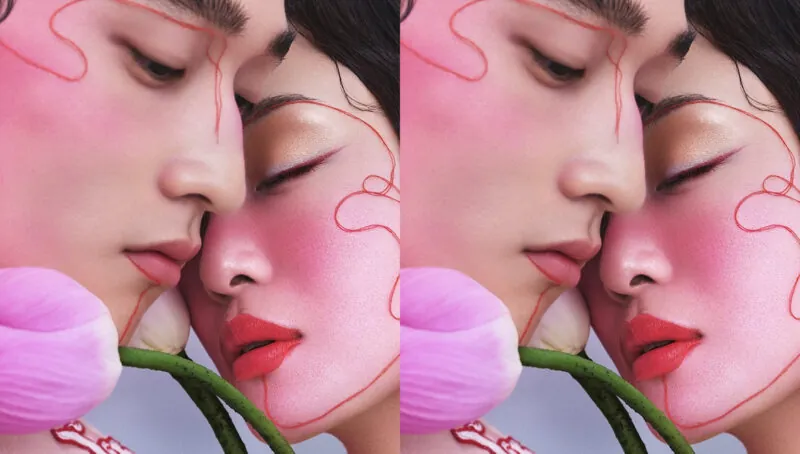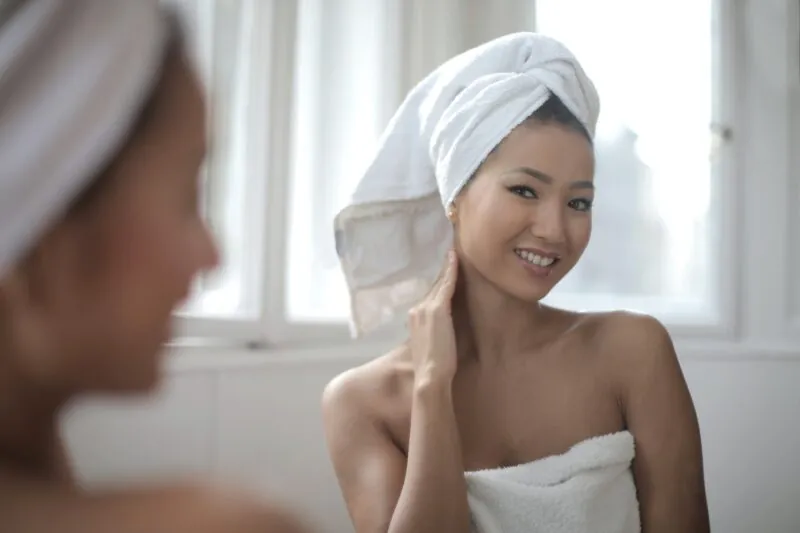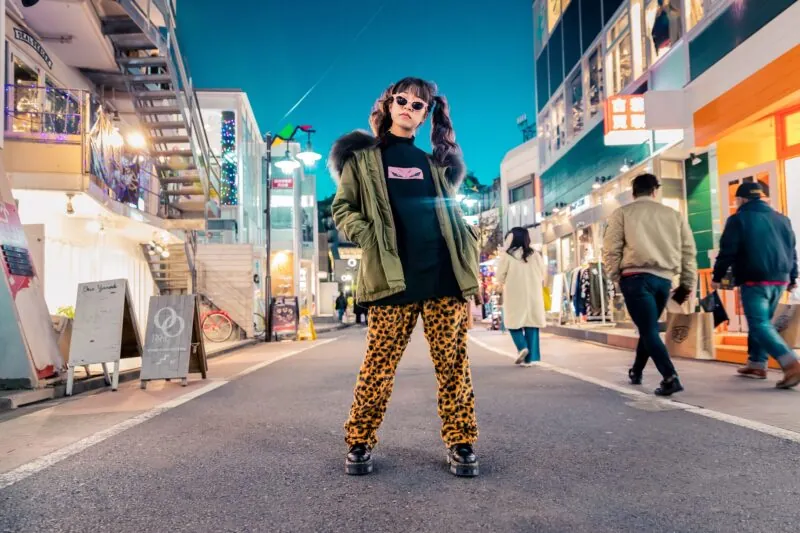A “suppressed appetite” for mooncakes – a symbolic dessert typically consumed during the traditional Mid-Autumn Festival – has come under the spotlight as China headed into a week-long celebration on 29 September.
While a more sensible consumer sentiment amid the nation’s stagnant economic growth, coupled with toned-down marketing efforts in line with the “common prosperity” policy are partly to blame, the festive pastry still gains traction with its reimagining casting a light on mental health. The consumer sensation indicates that establishing inner resonance could be a more effective marketing approach to winning over China’s young people.
The mooncakes are designed to deliver six messages, addressing different psychological needs.
The sought after mooncake
Known as “mental health mooncakes” (“精神饼” jīng shén bǐng), the sweet treat is a creation by Shanghai Mental Health Centre (SMHC) which is situated at South Wan Ping Road No.600. Initiated in 2021, it is an exclusive offering for its staff members and purchases are not available to the general public.
The naming of the dessert is a skilful adaptation of the term “mental health” in Chinese, which is “精神病” jīng shén bìng, playing on the nuanced difference in the tones of “病” (bìng; illness) and “饼” (bǐng; pancake) while shrewdly associating the topic of mental health with a lucrative special occasion.
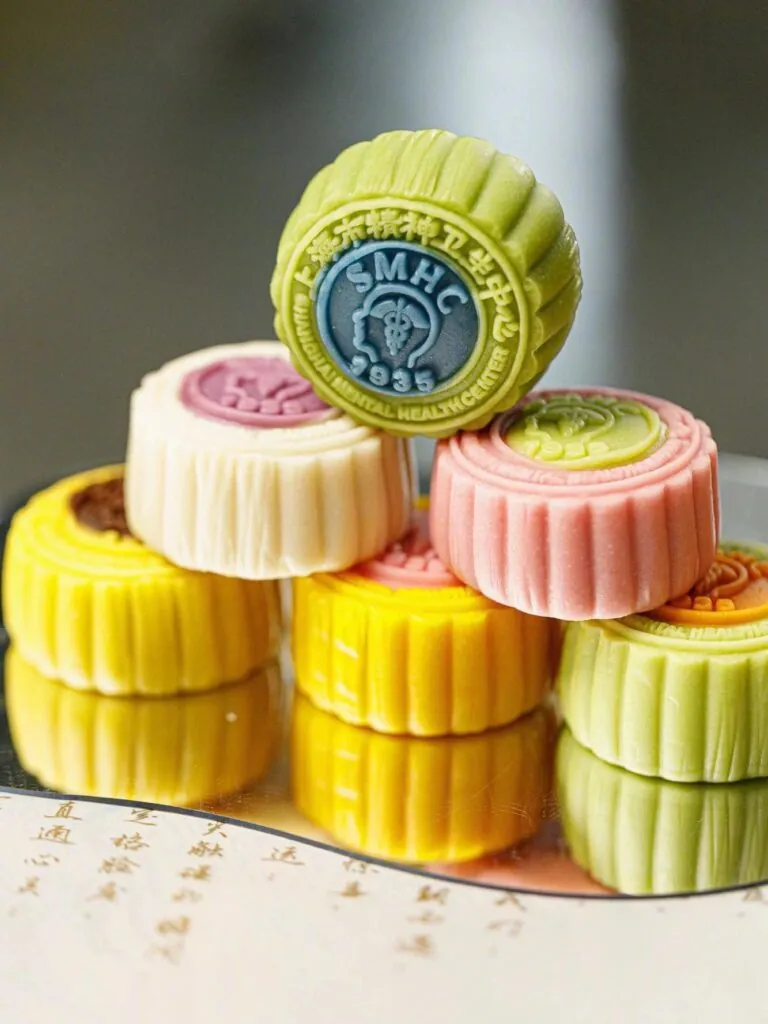
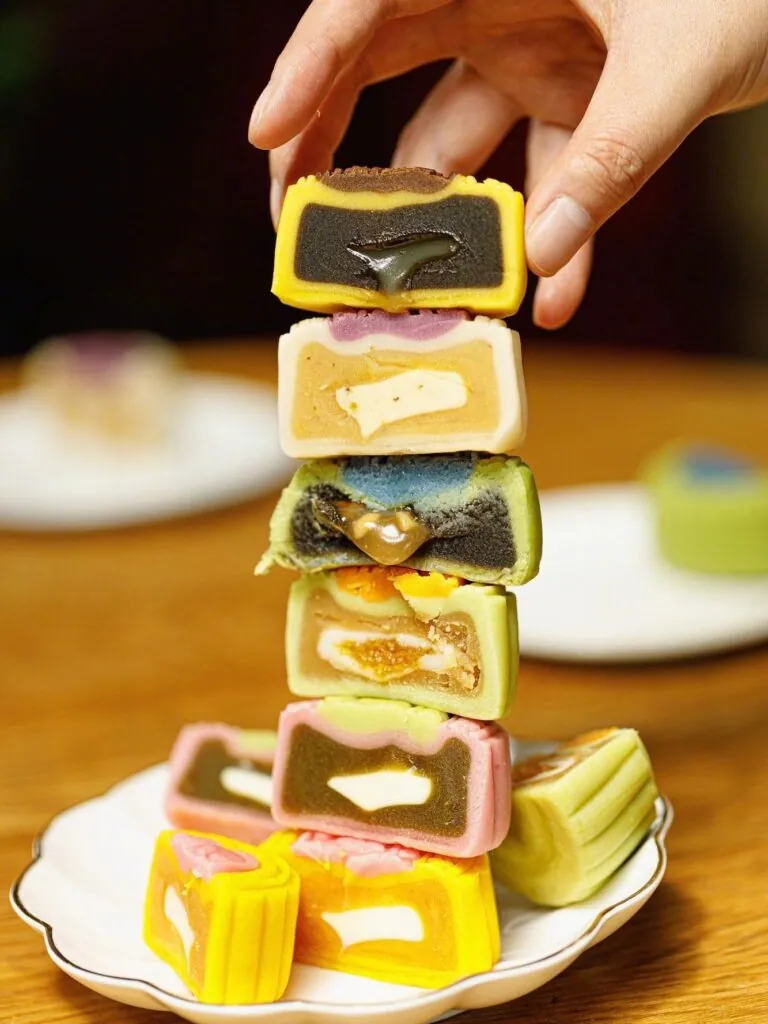
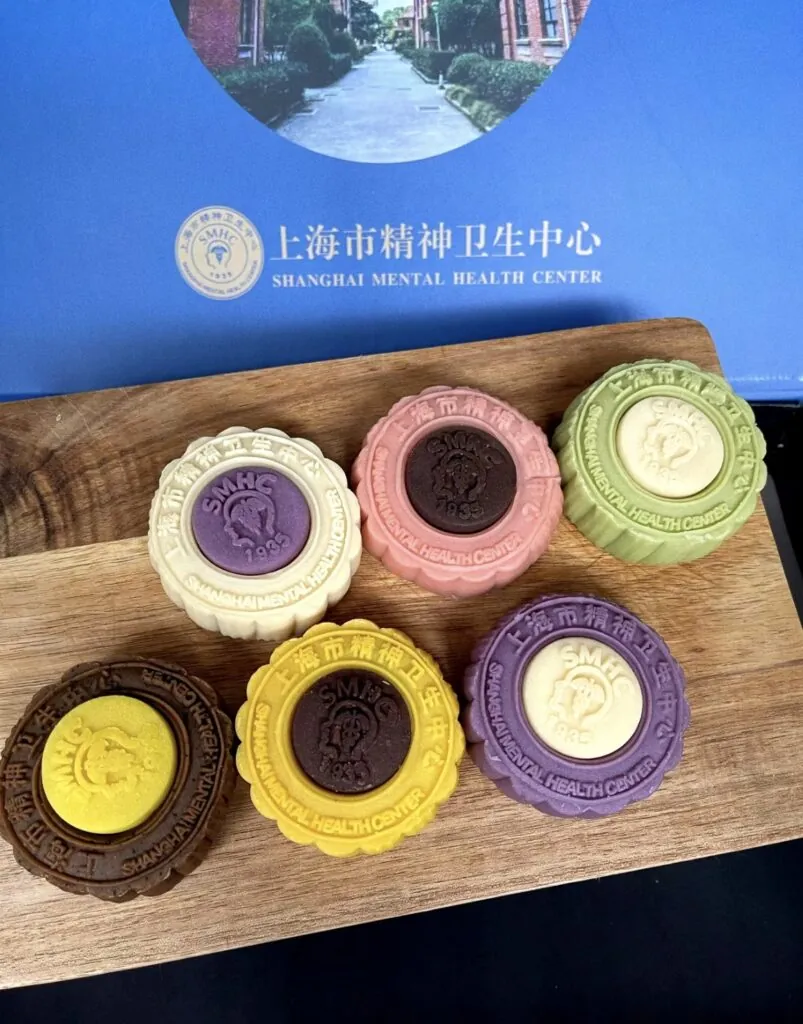
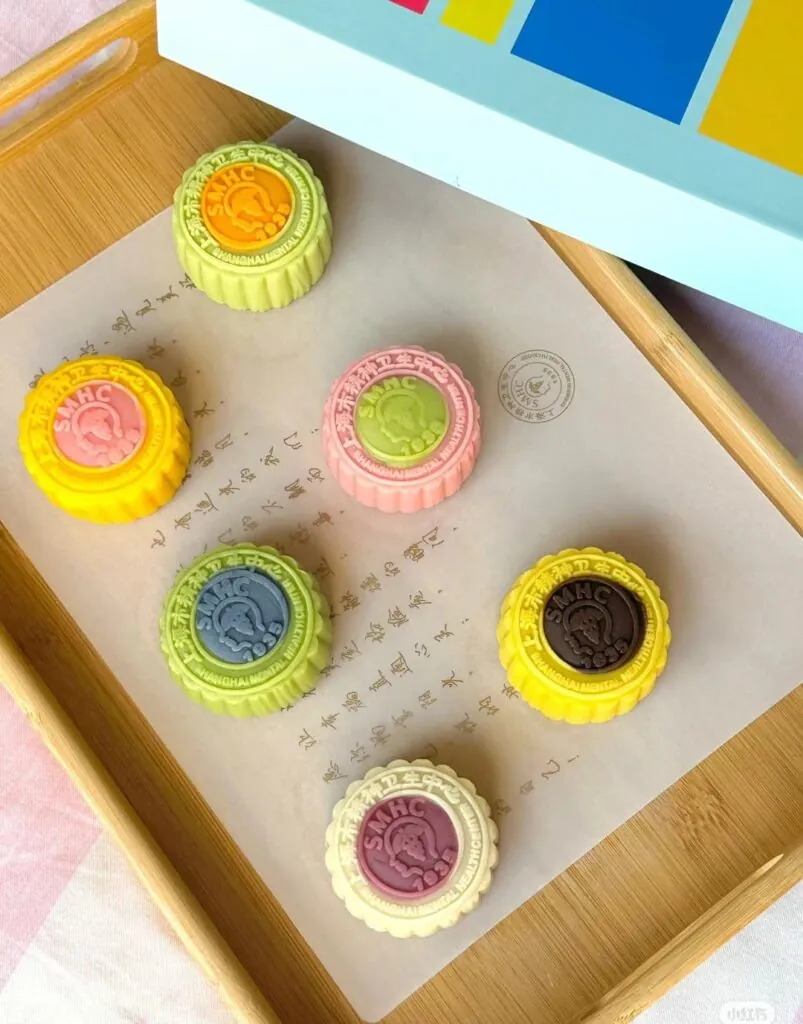
The wordplay is supplemented with a series of visual endeavours, including a pattern where a human brain is accompanied by the hospital’s logo at the centre, giving a nod to its advocacy in mental health. The effort is enhanced with a thoughtful curation of six flavours, which is designed to deliver six messages, addressing psychological needs including how to deal with depression, behavioural addiction, interpersonal relationships, how anxiety becomes a drive for people to explore the unknown, and how to navigate the process of growing up, as well as how to tackle a mid-life crisis.
As such the attentive product became an instant hit in 2021. While being sought after by its medical employees, the “mental health mooncakes” also caused a stir amongst the public with showy pictures soon circulating the internet, drawing in many to seek channels for purchase.
The re-introduction of the sweet once again quickly gained steam upon its release, with the colourway tapping into the ongoing “Dopamine” trend.
The public enthusiasm is reported to have resulted in the price of this exclusive mooncake being hyped to over a thousand Yuan from the original 78 RMB (10.87 USD) per set. With resales and daigou (a practice where someone with more resources purchases goods for others while making a profit from the price difference in return) emerging, it prompted the hospital to take action in limiting purchases of the mooncakes by staff.
The re-introduction of the sweet once again quickly gained steam upon its release, with the colourway tapping into the ongoing “Dopamine” trend (a practice leveraging bright colours to produce a sense of happiness, which is particularly popular amongst China’s younger generations). As a result, it propelled the hashtag “Mooncakes by South Wan Ping Road No.600 is fresh out of the oven” to garner nearly 2.5 million views on China’s microblogging mecca Weibo as of 30 September.
A “healing” mooncake
While eager buyers were expressing their disappointment that such mooncakes were not on offer to the public, others jokingly asked if they could buy one if they became a patient of the hospital. Describing the product as “healing”, netizens were impressed by the “mindful packaging”, saying it allows them to “treat their symptoms with the appropriate mooncake”, suggesting the dessert speaks to their psychological needs while also providing solutions to some of their mental health struggles. As a result, the creation resonates with the generation from the inside.
The online buzz around the “mental health mooncakes” shows that mental health issues have become more paramount amongst young Chinese.
Meanwhile, the online buzz around the “mental health mooncakes” also shows that mental health issues have become more paramount amongst young Chinese as well as reflecting a generation more open about the once taboo subject, and their growing awareness to look after their emotional well-being.
The momentum provides implications for businesses who wish to capitalise on the mental health cause and capture the young generation of consumers. By allowing their offerings to voice the thoughts and feelings of their target audience, businesses are more likely to increase their appeal and to win over the demographics who are actively seeking to heal their mental health hardships. The “mental health mooncakes” serve as an example of such a therapy.




